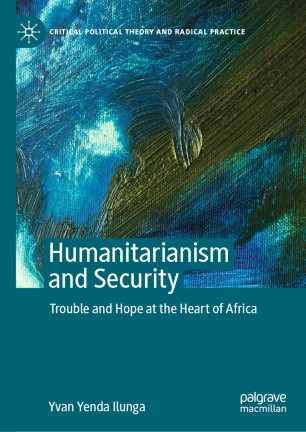

Most ebook files are in PDF format, so you can easily read them using various software such as Foxit Reader or directly on the Google Chrome browser.
Some ebook files are released by publishers in other formats such as .awz, .mobi, .epub, .fb2, etc. You may need to install specific software to read these formats on mobile/PC, such as Calibre.
Please read the tutorial at this link: https://ebookbell.com/faq
We offer FREE conversion to the popular formats you request; however, this may take some time. Therefore, right after payment, please email us, and we will try to provide the service as quickly as possible.
For some exceptional file formats or broken links (if any), please refrain from opening any disputes. Instead, email us first, and we will try to assist within a maximum of 6 hours.
EbookBell Team

4.3
68 reviewsHumanitarianism and Security contends that the search for stability and peace remains central to the political environment within the Democratic Republic of Congo (DRC). Despite some positive political and economic progress observed in the Central African Region and the DRC in particular, the future of the region remains uncertain. Due to many unaddressed issues, including the multidimensional manifestations of humanitarian crises, the region is fragile with the potential for a relapse into violent conflict. Moreover, the DRC’s humanitarian crises have yet to be effectively addressed as consequences and promoters of insecurity and violence. Based on the “humanitarian-security-development” paradigm as an inclusive operational framework, Humanitarianism and Security articulates the trend of peace recovery in the DRC as contingent upon issues of security and the refugee/internally displaced population crisis. It claims and demonstrates that effective solutions must incorporate considerations of pre-colonial security dynamics, the place and role of identity within the humanitarian discourse/strategies, the determinants of transitional public security (TPS), and the various dynamics regarding the return and re/integration processes, into one operational framework. This framework must be accompanied by a continued effort to build strong local institutions as a critical component to the sustainability of operations.